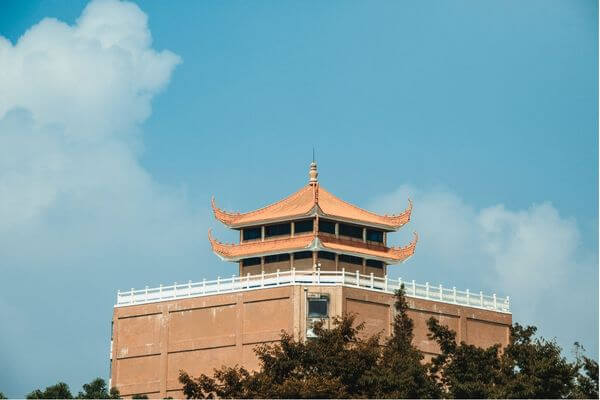
On 30 Dec. 2022, China’s legislature, the Standing Committee of the National People’s Congress (NPC) adopted the “Interpretation of Article 14 and Article 47 of the Law of the People’s Republic of China on Safeguarding National Security in the Hong Kong Special Administrative Region (HKSAR)” (关于<中华人民共和国香港特别行政区维护国家安全法>第十四条和第四十七条的解释).
Previously, the HKSAR Chief Executive had submitted a report to the State Council, China’s central government, hoping that the NPC would interpret relevant provisions. As requested, the State Council submitted a proposal to the NPC.
Based on the proposal, the NPC interprets Article 14 and Article 47 thereof as follows:
- HKSAR Committee for Safeguarding National Security has the authority to make judgments and decisions on whether an issue of national security is involved, and its work information is not subject to disclosure. Its decisions are not subject to judicial review and have enforceable legal effects.
- When hearing cases concerning offences endangering national security, HKSAR courts shall put the question of whether an act involves national security or whether relevant evidence involves State secrets to the HKSAR Chief Executive, and the HKSAR Chief Executive shall make a decision.
- Whether an overseas lawyer without full qualifications for practicing in the HKSAR may act as the defender or legal representative in a case concerning an offence endangering national security may be raised by the court to the HKSAR Chief Executive and shall be decided by the HKSAR Chief Executive. If the court does not make such a request, the question shall be decided directly by the HKSAR Committee for Safeguarding National Security.
Cover Photo by Eirc Shi on Unsplash
Contributors: CJO Staff Contributors Team









